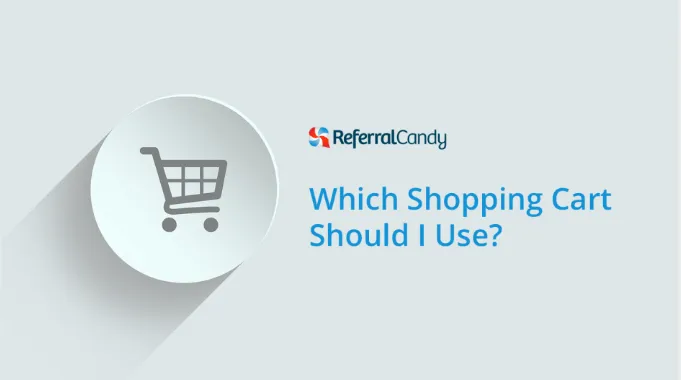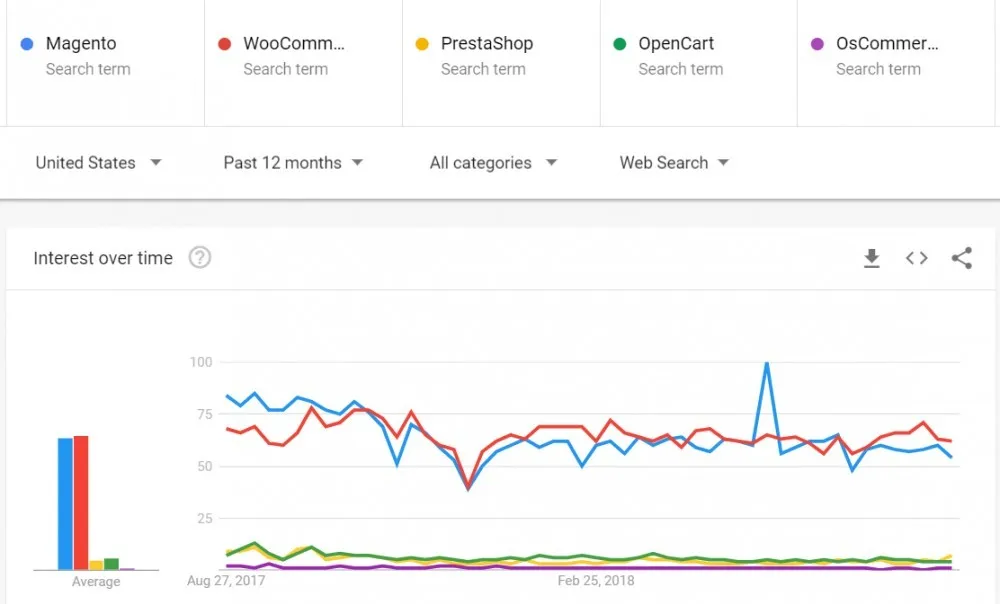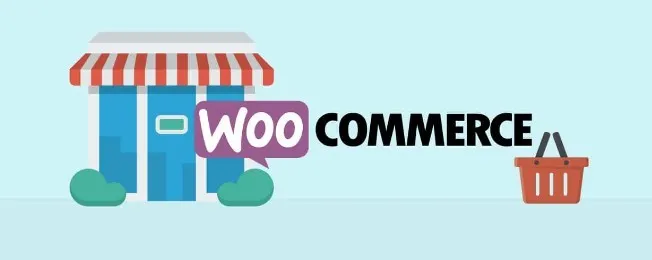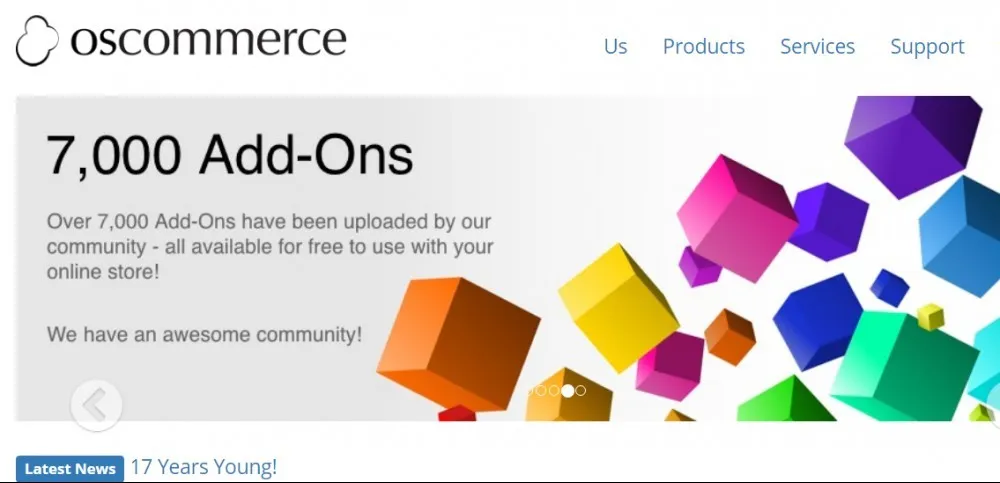
So, you are exploring opening up an eCommerce store and wondering whether it is worth it to get a hosted shopping cart or whether you should use stand-alone shopping cart software.
Well, the truth is that this is going to be a very personal and individual choice.
It will ultimately depend on the goal of your online store, how much time you'd like to spend working with the design and customization of the ecommerce website, and what kind of shopping experience you want customers to have in your online shop.
It also depends on which shopping cart platform you're thinking about using.
The good news is that most online shopping cart software will help you with a lot of the nitty-gritty of setting up an online shop, such as which payment processor to use, how to handle order management, what the checkout page will look like, how to apply coupon codes, how to mitigate shopping cart abandonment, and even which checkout process leads to the most purchases. Modern platforms also incorporate AI enhanced security features to protect customer data, prevent fraud, and ensure safer online transactions.
But more on that in a bit. First, let's start with the basics.

Standalone shopping carts are made by an open source application that requires web hosting to function. Therefore, with a standalone shopping cart solution, you’ll have to purchase a hosting package and install WordPress.
Don't worry, it's not as difficult as it sounds.
A non-hosted online shop requires that you install a platform for your ecommerce website which can be tricky for some people. Luckily, most stand-alone online shopping cart software function as a plugin on a Wordpress site, making it super easy to install and use. By working with a hosted solution, the store owner can easily automate their online business.
One of the benefits of selecting an open source ecommerce platform is that you’ll know exactly what you are getting. The most popular platforms are well documented and you or your developer can make any changes that you require. There is a great degree of control with standalone platforms. If you need additional features, you can either find plugins and extensions to add them, create them yourself and use open source automation tools to check the code or hire someone.
With standalone shopping carts, you’re free to select your preferred hosting service. This means that you aren’t tied to a centralized service. You can move your store if you outgrow your provider or find a better deal somewhere else. While this sounds complicated, most hosts will walk you through the setup.
Stand-alone shopping cart software refers to the software that enables you to make purchases on your website that doesn’t include hosting and customer service in the package.
It does mean that you have full access to the code that runs the website, which you don’t have when you opt for a hosted shopping cart. Typically, you own the code or pay a license for using the code and any modifications to that code. You or your developer can make any modifications to that code.
On the other hand, hosted solutions do not give you access to the code. You usually only have access to make template and design changes when you use a hosted solution. For business owners looking to build a highly customized enterprise or eCommerce website, this can feel very restrictive and limiting.
Some top ecommerce shopping cart non-hosted solutions include:
I break each of these options down in the section below. Jump ahead: Selecting a Standalone Shopping Cart Solution
The main purpose of stand-alone shopping cart software is to support online merchants who have larger customer databases and to enable a simplified self-service method.
Let’s face it, you don’t want to be calling and asking each and every customer to send you a check. Instead, online shopping cart software includes a payment option right within the checkout page.
And that's not all.
Shopping cart software can not only process payments, but it can also automate transaction fees, add customized taxes based on where the customer is located, send notifications when shopping cart abandonment occurs, and help with inventory management.

Overall, it makes the entire checkout process super smooth, which ultimately improves customer experience.
And that's (partly) what keeps customers coming back to your online business.
The shopping cart is one of the elements that instills trust in the ecommerce store and the online shopping process. It lets the customer know that they are dealing with a professional provider.
For the ecommerce store owner, it leads to an accelerated checkout. It also can provide additional opportunities to cross-sell related products and make further sales.
Here are some of the shopping cart features that make it most worth your time and money.

When it comes to business, you want your company to stand out. Having a unique and memorable design is important. And that's what a stand-alone shopping cart software can do for your online shop.
When purchasing a shopping cart system from a hosted solution, such as with Shopify or BigCommerce, you have a number of different templates to choose from. This means that your website will end up looking like 100 other sites, maybe even 1,000 others.
Looking like everyone else doesn’t help your brand and it may not position your company where you’d like it to be.
With a stand-alone shopping cart solution, however, you can select how you want the images to appear on your website and where the layout should be. You will also be able to select the colors of the buy buttons and how the checkout page will appear on your site.
As you run your online business, you want to ensure that the shopping cart is functional and meets your needs. At some point, you’ll need to add different functions as your business grows.
You may not need all the bells and whistles right now, but in the future, you may want to add some unique functions that will improve the shopping experience and take your business to the next level. And what will happen when you outgrow your eCommerce cart?
Some questions to consider as you're choosing your ecommerce shopping cart platform are:
With a stand-alone shopping cart system, you’ll always have the ability to add functionality through plugins, developers, or AI coding tools that can create unique code for you.
Some functionality that you may want to include on your website:
When choosing a stand-alone shopping cart software for your ecommerce store, you can add these features to your website by simply adding a plugin or extension when you need it. It is simple enough that you can do it on your own, but you can also delegate that task to your IT person if you have one.
Hosted eCommerce shopping carts are really lacking when it comes to search engine optimization (SEO).
Search engine optimization is one of the best ways to get targeted customers to your website...
...for free.
We've written a pretty lengthy guide on how to do SEO for your ecommerce website, so I won't get into it here. But having blog posts and product pages that are optimized for search engines is vital. And, unfortunately, many hosted eCommerce shopping carts (like Shopify) lack search engine optimization capabilities.
Why?
They may have too many clients who are selling the same items. When this occurs, you can end up with 50 websites selling the same items, using the same shopping cart platform, the same product images, and the same product pages as each other.
In the end, they all end up with pretty much the same website. And Google hates this.
In fact, they will penalize websites with duplicate content. Search engines look to see how unique your site and your products are. Websites that appear to be just like everyone else won’t stand out at all.
Custom designing the site allows for the ability to constantly use the latest in web code trends and search engine optimization techniques. You can update your website with the latest and greatest for the best search engine marketing around with a hosted site and a stand-alone shopping cart.
Hosted shopping cart systems get you up and running quickly, but they don’t allow you to own your own code.
This is huge.
What happens when you become dissatisfied with your hosting provider and want to move your site? They own your code.
If you want to move your shopping cart to another developer or hosting plan, you don’t have access to the code. You will either have to stay with them or recreate your whole website, including the entire online shop.
So even if you can't imagine eventually growing big enough to need your own laravel hosting, it's important to understand this limitation before you commit to a hosted shopping cart platform.
With stand-alone shopping cart software, one can easily integrate with the back end of your website, as well as connect with other business software like CRMs and fulfillment solutions.
You will have complete control over your online store, which is a major advantage.
As a business owner, you always have to be aware of the cons of any potential decision that you're about to make. These are the negative aspects to stand-alone shopping cart functionality:
With the vast number of shopping cart solutions for e-commerce available, it is a tough question that has plagued many ecommerce store owners. There are just so many solutions out there! It is also important to remember that many of the top web hosting companies offer e-commerce tools and storefronts, so before you decide on a certain solution, you may want to check out your existing host's capabilities.
In researching the shopping cart solutions, I decided to do some research and figure out which ones were the most popular. I thought I'd look into Google Trends to get an idea of which shopping carts had the greatest search volume.

From this chart, we can see that WooCommerce and Magento are neck in neck when it comes to popularity and in keyword searches. There are some key differences between WooCommerce and Magento that are worth exploring and considering. WooCommerce is technically a WordPress plugin.
Check out 30 of the best Ecommerce Plugins
The WooCommerce plugin powers 30% of all online stores. It is part of the Automatic family of Wordpress products. WooCommerce is best suited for people who are already comfortable using WordPress.

Pros:
Cons:
Magento is king of the custom carts – It is top, by far, according to Google Trends. It also powers over $50 billion in transactions per year. Some of Magento's features are pretty impressive and will be helpful for your business. Most people agree that it is a more robust platform than WooCommerce, even though it may not be as easy to pick up.
Magento is recommended only to users with at least some basic level of web development experience. Fully managed Magento hosting can help, but the platform can still be a bit complicated for first-time e-commerce users.It may be more than needed for small operations, but is a perfect solution for professional businesses.

Pros:
Cons:
Prestashop has some great features and benefits as well. PrestaShop is run by a commercial company that focuses on competing at the top. Their built-in features are impressive and cover all the necessary sales tools like cross selling, coupons, etc. Most importantly, Prestashop has many high-quality yet low priced plugins along with reasonably priced professional themes.
PrestaShops' support for their product is great. They have localized support in almost every country. Many plugin descriptions are translated well across multiple languages. They provide a popular forum and also offer extensive documentation.

Pros:
Cons
OpenCart is a great standalone shopping market solution. It offers users more than 2,700 themes. It is used by over 500,000 ecommerce sites. OpenCart was created in Hong Kong, but the majority of its users are based in the United States. Therefore, OpenCart is multicurrency, multilingual, so it is perfect for stores that have a global market. It also offers more than 20 payment gateways as well as eight shipping methods.

Pros:
Cons:
OsCommerce is a free ecommerce online store management software program. OsCommerce was the main ecommerce solution prior to Magento. It still offers some great features to the ecommerce store owner.

Pros:
Cons:

Yo!Kart is another e-commerce solution for aspiring entrepreneurs to build online marketplaces. It is customizable and offers a simple vendor management system that tracks sales to credited to each vendor’s accounts. Yo!Kart users are primarily based in North America, Europe & the Middle east. The platform offers 1-year free technical support and a lifetime license on its every package.
Pros:
Cons:
Magento Magento Magento! You should definitely first check out Magento to see if it will meet you needs. Not only is it the most popular, it has the most options and flexibility to grow with you as your business grows. If you are great with WordPress, you should definitely be looking into setting up WooCommerce. If that doesn’t meet your needs, the next in line are osCommerce and Prestashop.
There you have it. Recommendations based on some objective comparison between solutions, rather than your cousin’s husband’s colleague’s testimony. Of course this is just a quick and dirty analysis, but I think they’re good enough to serve as a starting point.
Aside from shopping cart solutions, if you’re ready to set up your store and drive growth through referrals, compare our referral software pricing options here.
Melinda is a blogger at ReferralCandy. She loves learning about internet marketing and maintaining her own fitness blog. She enjoys running, swimming, dancing and Pilates.
Grow your sales at a ridiculously
lower CAC.